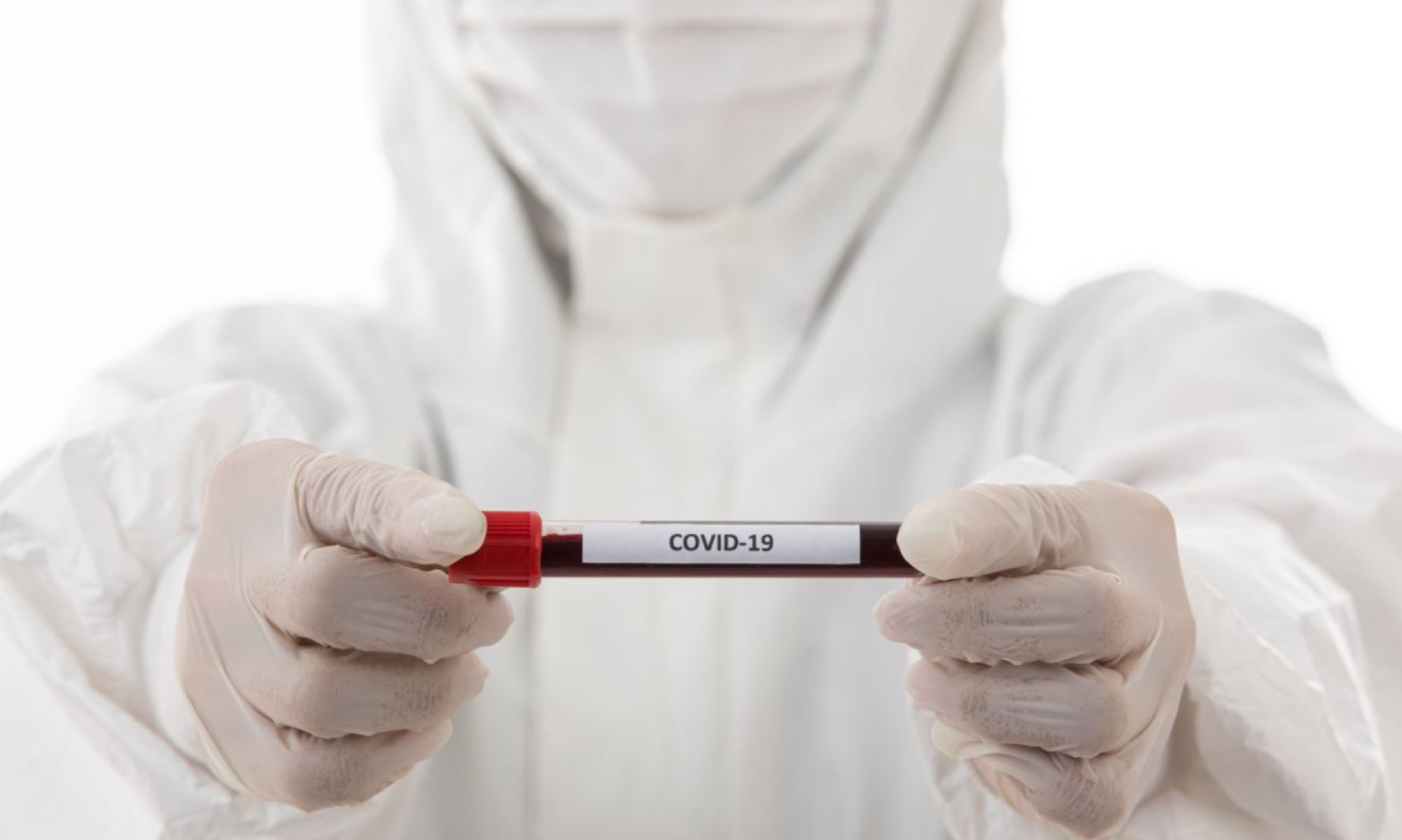Partisan pandemic: How partisanship and public health concerns affect individuals’ social mobility during COVID-19
Press release:
In the United States, political partisanship has played a much stronger role in individuals’ decisions to limit their social mobility during the COVID-19 pandemic than the local incidence of the disease in their own communities, according to a new survey-based study of 1,135,638 million responses collected between April 4 and September 10, 2020 via Survey Monkey from randomly chosen people. The analysis, based on an average of 6,744 responses daily during the study period, suggests partisanship has been roughly 27 times more important than local COVID-19 prevalence for explaining individual mobility. In addition, Joshua Clinton and colleagues also found that self-identified Democrats were 13.1% less likely to be socially mobile compared with independents, while Republicans were 27.8% more likely to be mobile. Notably, this gulf widened over time, driven largely by increasing unwillingness on the part of self-identified Republicans to limit their mobility. The researchers weighted each day’s sample cohort to be representative of the country’s adult population using current estimates from the U.S. Census Bureau’s American Community Survey. Each survey asked respondents to identify their political affiliation (Democrat, Republican, or Independent) and to report whether, in the preceding 24 hours, they had engaged in activities such as going to a restaurant, visiting family or friends, taking a walk, exercising, getting groceries, receiving medical care, or going to work. While the analysis primarily focused on the daily aggregate of all such activities, the researchers also found similar trends among individual activities as well, and further noted that the gap was even more pronounced when looking at riskier, voluntary activities such as eating at a restaurant or visiting with family or friends. “These differences have tremendous consequences for the ability of the United States to limit the spread of COVID-19,” the authors write, further noting that their results “add to a growing consensus that partisanship is a key factor in explaining behavior and attitudes surrounding the COVID-19 pandemic.”

